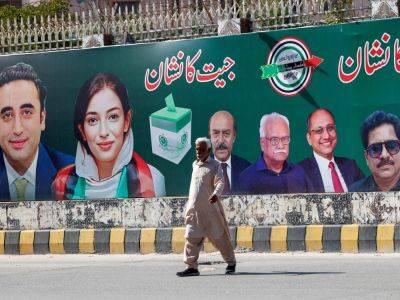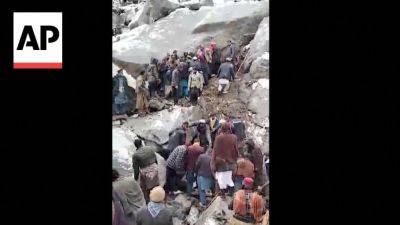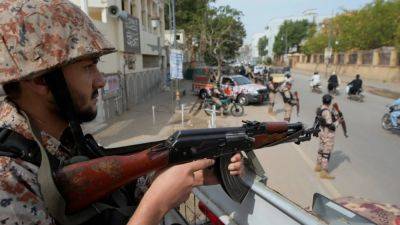In Pakistan, millions missing from electoral rolls as women ‘lack autonomy’ to vote
Perched on her traditional charpai bed, Naeem Kausir says she would like to vote in Pakistan’s coming election – if only the men in her family would let her.
Like all the women in her town, the 60-year-old former principal and her seven daughters – six already university educated – are forbidden from voting by their male elders.
“Whether by her husband, father, son or brother, a woman is forced. She lacks the autonomy to make decisions independently,” said Kausir, covered in a veil in the courtyard of her home.
“These men lack the courage to grant women their rights,” the widow said.
Although voting is a constitutional right for all adults in Pakistan, some rural areas in the socially conservative country are still ruled by a patriarchal system of male village elders who wield significant influence in their communities.
In the village of Dhurnal in Punjab, spread across crop fields and home to several thousand people, men profess myriad reasons for the ban of more than 50 years.
“Several years ago, during a period of low literacy rates, a council chairman decreed that if men went out to vote, and women followed suit, who would manage the household and childcare responsibilities?” said Malik Muhammad, a member of the village council. “This disruption, just for one vote, was deemed unnecessary.”
Muhammad Aslam, a shopkeeper, claims it is to protect women from “local hostilities” about politics, including a distant occasion that few seem to remember in the village when an argument broke out at a polling station.
Others said it was simply down to “tradition”.
The Election Commission of Pakistan has stressed that it has the authority to declare the process null and void in any constituency where women are barred from taking part.
In






